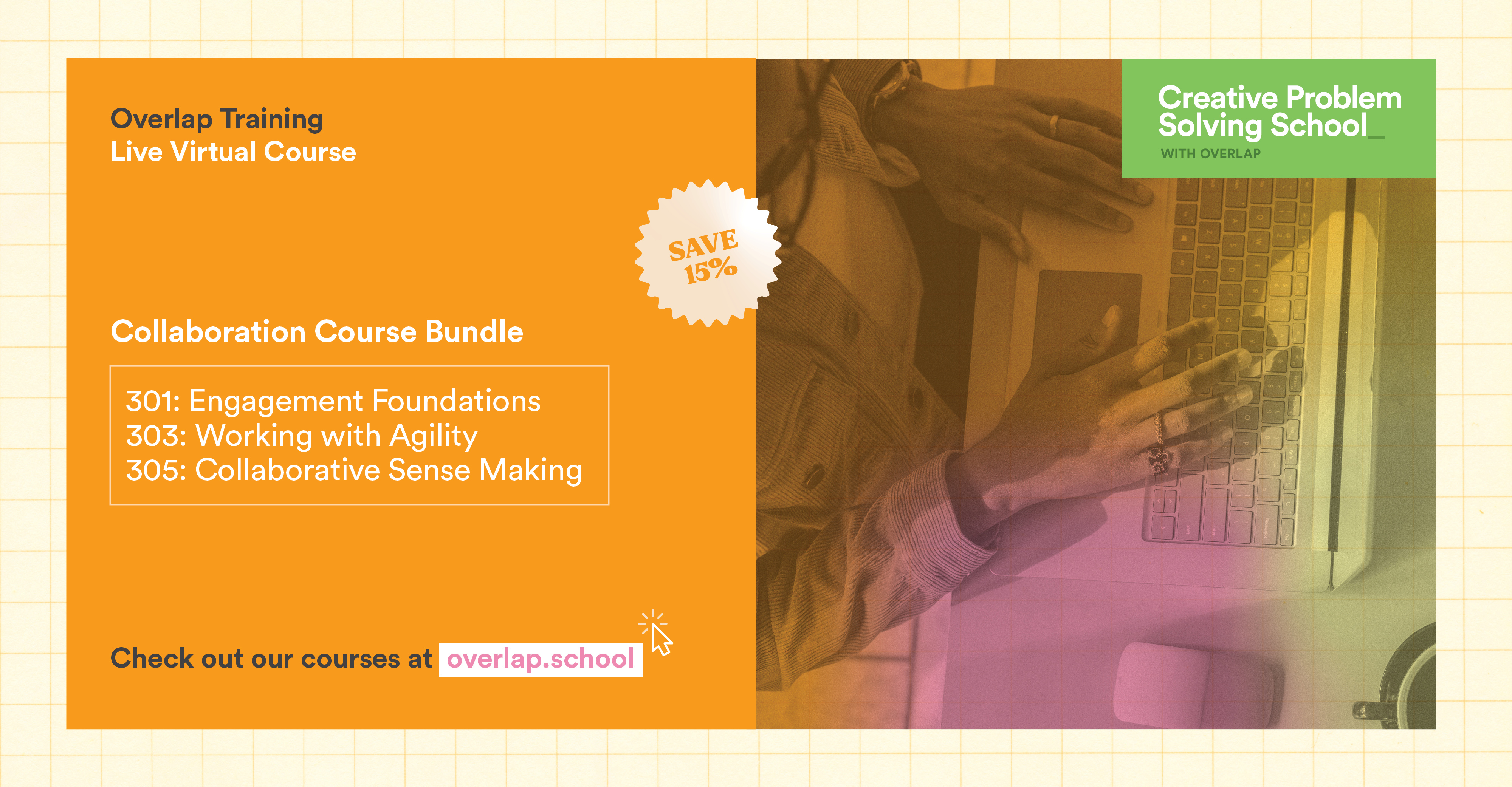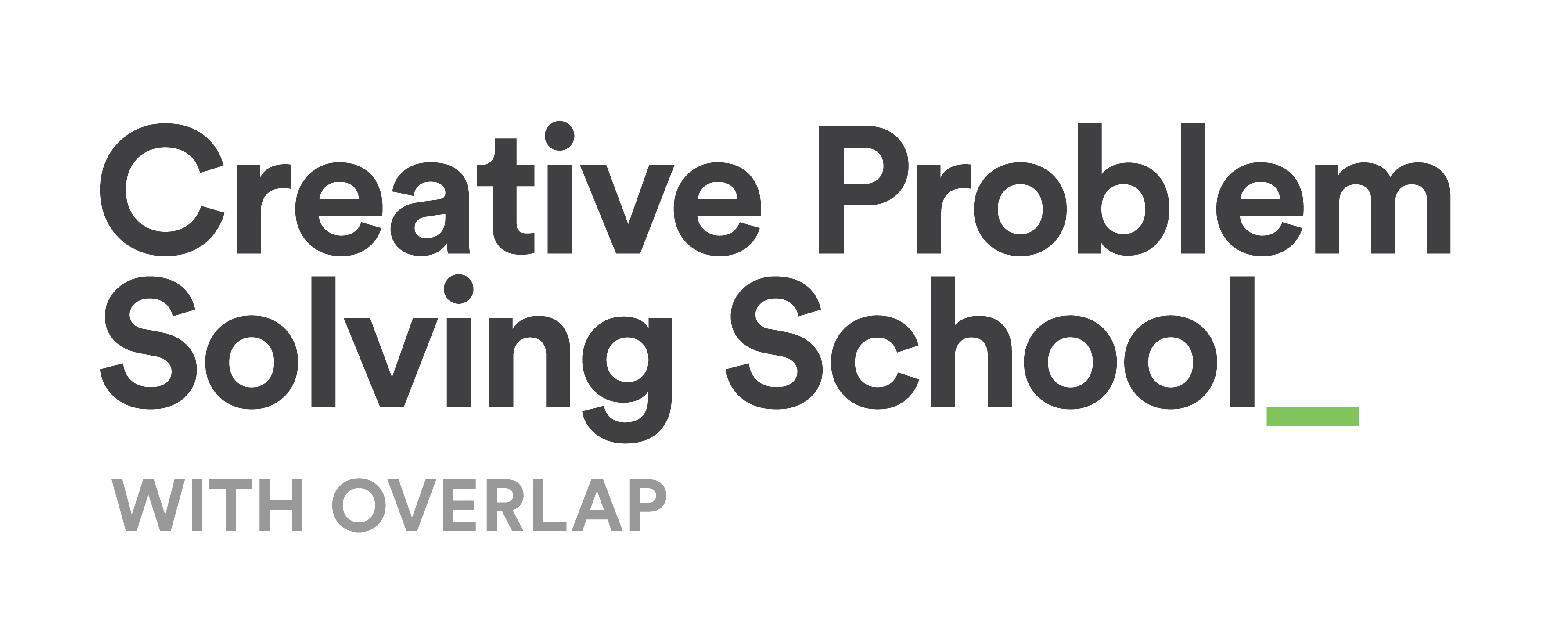About the course
Interpreting qualitative data and finding insights can allow you and your team to better define the complex problem you’re trying to solve as well as recognize solutions that will provide for the needs of your stakeholders. This course will address qualitative analysis through the use of grounded theory, a methodology developed by social scientists that applies rigor to intuition and groups information into higher-level concepts and categories. Overlap’s Transcription, Analysis, Synthesis, Reporting (TASR) process will be introduced in detail as a way of implementing grounded theory towards your complex problem.
Modules
A grounded approach to qualitative analysis
Learn the principles of grounded theory and how to implement it using Overlaps’s Transcription, analysis, synthesis, and reporting (TASR) process. This session will provide tools and techniques to tackle qualitative analysis using need statements, clustering, themes, and rigor.
The TASR process in action
This hands-on session will give you experience using the TASR process to develop insights from qualitative data. Participants will have the opportunity to apply their knowledge in a risk-free environment and see how this process is embodied in practice.
Learning Outcomes
This course will support you, your team and your organization in the process of analyzing qualitative data. You’ll learn about the specific processes and tools that can lead to meaningful insights and how to utilize them in an iterative and compelling way.
What you will learn:
- Human-centred design: a brief overview of the human-centred design cycle and the role of collaboration and sense-making within it.
- Value of qualitative data and analysis: recognize the inherent value of gathering and interpreting information about qualities, traits and characteristics.
- Transcription, analysis, synthesis, reporting: leverage Overlap’s approach to grounded theory towards make sense of information you gather.
- Findings, themes, and insights: develop a keen understanding of the differences between these three terms and the role they play in collaborative sense overlapmaking.
- The need for iteration and saturation: value the role of repeating data collection and knowing how to recognize a saturation point.

Are you interested in improving your collaboration skills? You can save over 15% by registering for our Collaboration Bundle, which includes: 301) Community & Staff Engagement Foundations, 303) Working with Agility, and 305) Collaborative Sense Making. Sign up for all three courses today and save!

